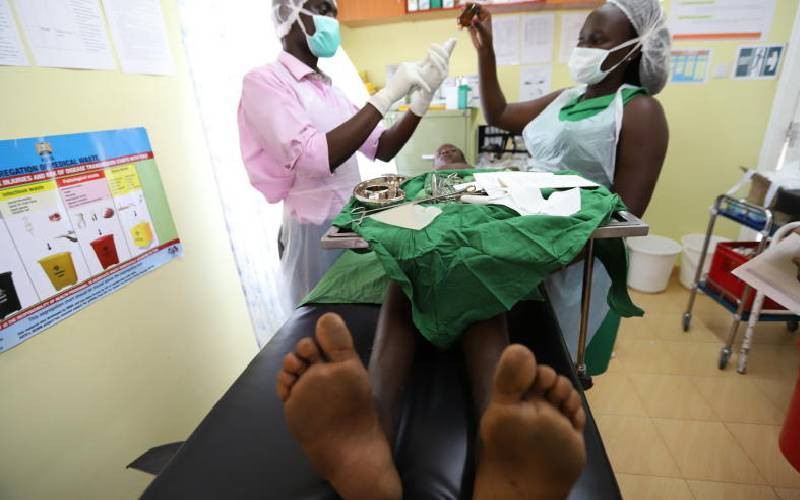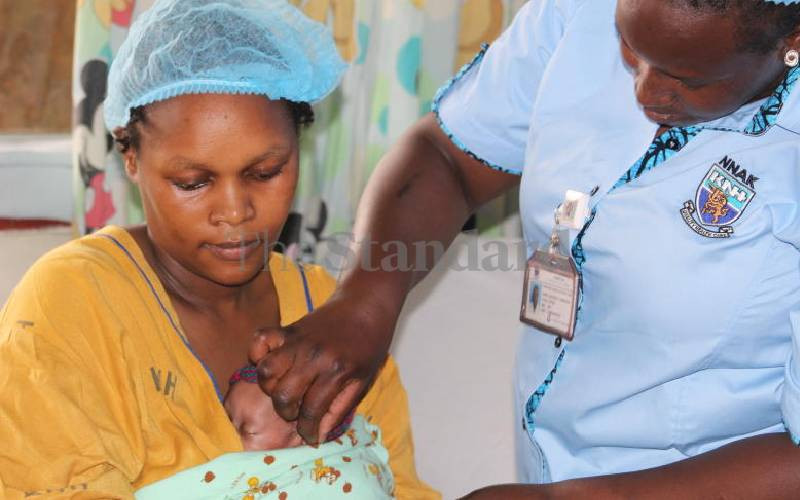
The Health department in Nakuru now says the county does not cases of Swine flu as earlier reported.
The office retracted a statement it issued on Monday claiming 140 cases of the flu had been recorded from July 27, including one death and eight admissions.
Dr Daniel Wainaina, the Chief Officer Public Health Services, said samples tested at Kemri show the virus is the seasonal influenza A.
The flu is highly infectious, and commonly responsible for the upper respiratory tract infection.
It occasionally causes severe lower respiratory diseases particularly among children, the elderly, expectant women and persons with underlying medical conditions.
"The department wishes to clarify that no swine flu cases have been detected in the county and the variant detected is not the flu that causes influenza in animals," the statement read.
Dr Wainaina said they had sent more samples to the laboratory and were awaiting results.
By yesterday, the county had reported 143 cases of the influenza. One child has died, seven are admitted and 135 patients discharged. Of the cases, 127 are children below five years.
"The outbreak was reported through alerts sent to the Nakuru County Public Health Emergency Operation Centre," says the statement.
The alert followed an increase in number of patients presenting coughs, fever, joint pains and general body weakness.
The virus is transmitted through cough droplets and contact with contaminated surfaces and objects.
Infected persons with strong immune system do not develop symptoms, which include fever, cough, sore throat, running nose, headache, chills and fatigue.
The disease can be prevented through hygiene, avoiding close contact with infected persons, cough etiquette and vaccination against influenza for people at high risk.
"The department wishes to inform the public to avoid close contact with persons who have symptoms of cold, wear masks if they have the symptoms and cover their noses and mouth with tissue when coughing," the department said.
The public has also been urged to wash their hands often with soap or use alcohol-based sanitisers, avoid touching their eyes, nose and mouth, and clean and disinfect surfaces and objects.
"In case you develop the above symptoms, visit the nearest health facilities," the statement said.
 The Standard Group Plc is a multi-media organization with investments in media platforms spanning newspaper print
operations, television, radio broadcasting, digital and online services. The Standard Group is recognized as a
leading multi-media house in Kenya with a key influence in matters of national and international interest.
The Standard Group Plc is a multi-media organization with investments in media platforms spanning newspaper print
operations, television, radio broadcasting, digital and online services. The Standard Group is recognized as a
leading multi-media house in Kenya with a key influence in matters of national and international interest.











